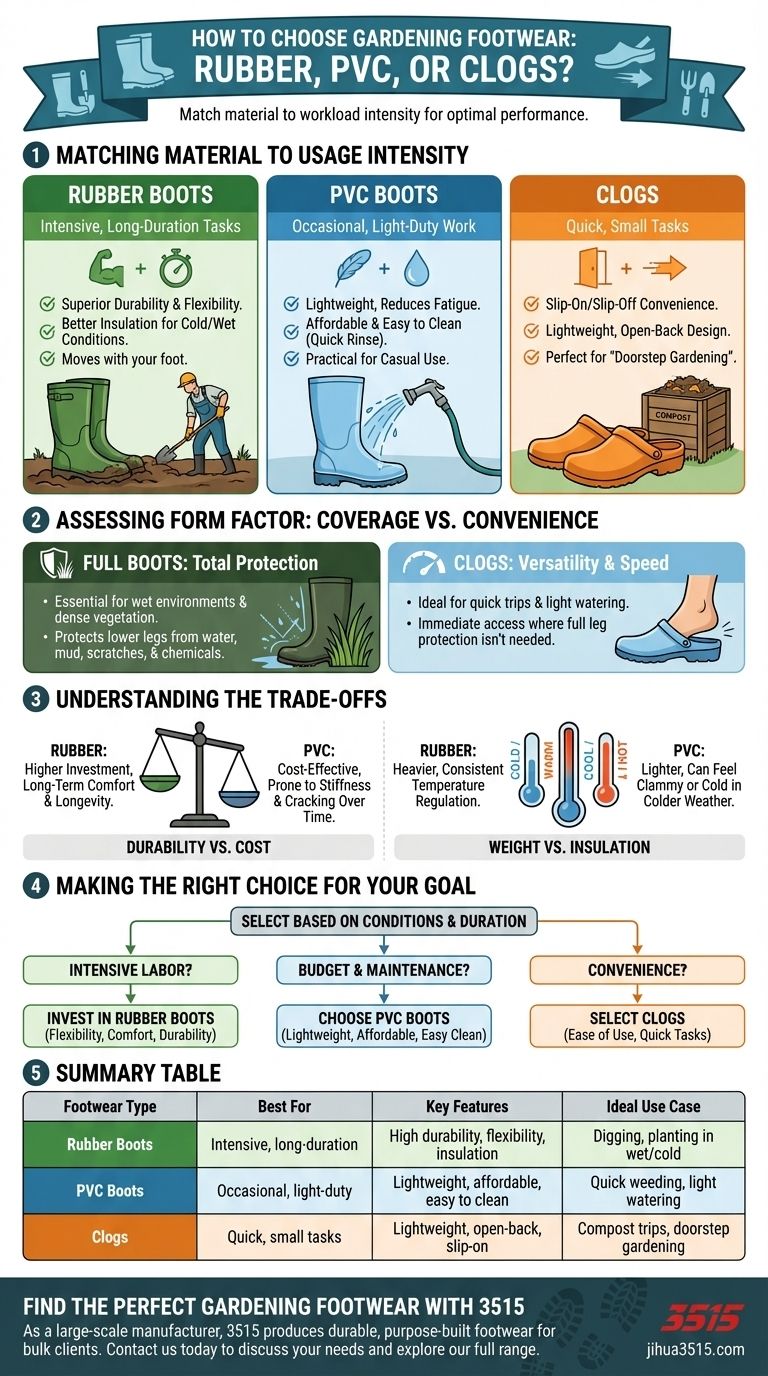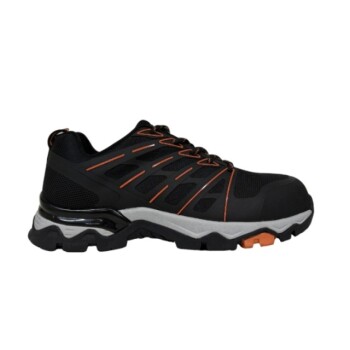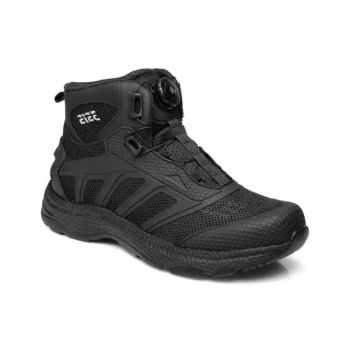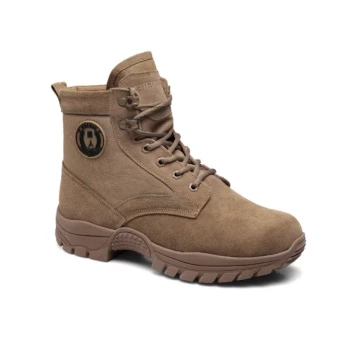To choose the right gardening footwear, you must match the material to the intensity of your workload. Select rubber boots for intensive, long-duration tasks requiring maximum protection and comfort. Choose PVC boots for occasional, light-duty work where affordability and low maintenance are key. Opt for clogs for quick, small tasks that require frequent transitions between indoors and outdoors.
While price often drives the initial purchase, the correct choice is actually defined by the duration of wear and the hazards of your environment. Intensive labor demands the flexibility of rubber, while casual maintenance is perfectly served by PVC or clogs.

Matching Material to Usage Intensity
Rubber: The Standard for Endurance
For intensive work, natural rubber is the superior material choice.
It offers high durability and natural flexibility, allowing the boot to move with your foot during strenuous digging or planting.
Rubber also provides better insulation, keeping feet comfortable in cold or wet soil conditions.
PVC: The Practical Solution for Casual Use
PVC (polyvinyl chloride) is ideal for occasional gardening.
These boots are significantly lighter than rubber, reducing leg fatigue during short bursts of activity.
They are generally more affordable and easier to clean, requiring only a quick rinse to remove mud and debris.
Assessing Form Factor: Coverage vs. Convenience
Full Boots for Total Protection
Tall boots are essential when your work involves wet environments or dense vegetation.
The height protects your lower legs from water saturation, mud splatters, and potential scratches from thorns.
They are also the safer option when applying fertilizers or chemicals, creating a barrier against skin contact.
Clogs for Versatility and Speed
Clogs are designed specifically for small tasks and "doorstep gardening."
Their lightweight, open-back design allows for immediate slip-on/slip-off access.
This makes them perfect for quick trips to the compost bin or light watering where full leg protection is unnecessary.
Understanding the Trade-offs
The Durability vs. Cost Equation
PVC boots are cost-effective, but they suffer from stiffness compared to natural rubber.
Over time, PVC is prone to losing its original shape and may crack sooner than high-quality rubber.
Rubber requires a higher upfront investment but pays dividends in longevity and sustained comfort.
Weight vs. Insulation
While PVC is lighter, it lacks the thermal regulation properties of rubber.
In colder weather, PVC can feel clammy or cold, whereas rubber helps maintain a consistent foot temperature.
However, for hot summer days where protection is still needed, the light weight of PVC may be preferable to heavy rubber.
Making the Right Choice for Your Goal
Select your footwear based on the specific conditions of your garden and how long you plan to be outside.
- If your primary focus is intensive labor: Invest in rubber boots for their superior flexibility, comfort, and long-term durability.
- If your primary focus is budget and maintenance: Choose PVC boots for a lightweight, affordable option that handles occasional mud and water easily.
- If your primary focus is convenience: Select clogs for their ease of use during quick, light tasks that do not require shin protection.
By aligning your footwear with your specific gardening habits, you ensure protection without sacrificing productivity.
Summary Table:
| Footwear Type | Best For | Key Features | Ideal Use Case |
|---|---|---|---|
| Rubber Boots | Intensive, long-duration tasks | High durability, flexibility, better insulation | Digging, planting in wet/cold conditions |
| PVC Boots | Occasional, light-duty work | Lightweight, affordable, easy to clean | Quick weeding, light watering, casual maintenance |
| Clogs | Quick, small tasks | Lightweight, open-back, slip-on design | Compost trips, doorstep gardening, fast transitions |
Find the Perfect Gardening Footwear for Your Needs with 3515
As a large-scale manufacturer, 3515 produces a comprehensive range of durable, comfortable, and purpose-built footwear for distributors, brand owners, and bulk clients. Whether you need high-endurance rubber boots for intensive labor, cost-effective PVC boots for casual use, or versatile clogs for quick tasks, we have the production capabilities to meet your exact requirements.
Let us help you equip your customers with the right footwear for every gardening scenario. Contact us today to discuss your needs and explore our full product range!
Visual Guide

Related Products
- Factory-Direct Wholesale Canvas Boots with High-Traction Rubber Soles
- Factory Direct Wholesale Rain Boots Durable Waterproof & Fully Customizable
- Wholesale Anti-Smash & Puncture-Proof Safety Shoes Custom Manufacturing for Brands
- Premium Wholesale Wheat Nubuck Safety Boot with Rapid Lacing System
- High Performance Fire-Retardant Waterproof Safety Boots
People Also Ask
- When are deeply lugged shoe soles not necessary on trails? Optimize Your Grip and Trail Impact.
- How do professional outdoor shoes contribute to safety? Enhancing Performance and Stability in Wilderness Training
- What are the main challenges of keeping feet warm while cycling in cold weather? Master the Cold with the Right Gear
- How does the type of motorcycle influence the choice of riding boots? Select the Right Boot for Your Ride
- When might leather or synthetic boots be a better option than rubber boots? For Active Use on Challenging Terrain
- How do motorcycle boots enhance safety during a crash? Critical Protection for Your Feet and Ankles
- What are the key features of men's hunting boots? Waterproof, Insulated & Built for Tough Terrain
- Do different types of hunting boots offer advantages for specific game animals? Maximize Your Hunt's Success



















